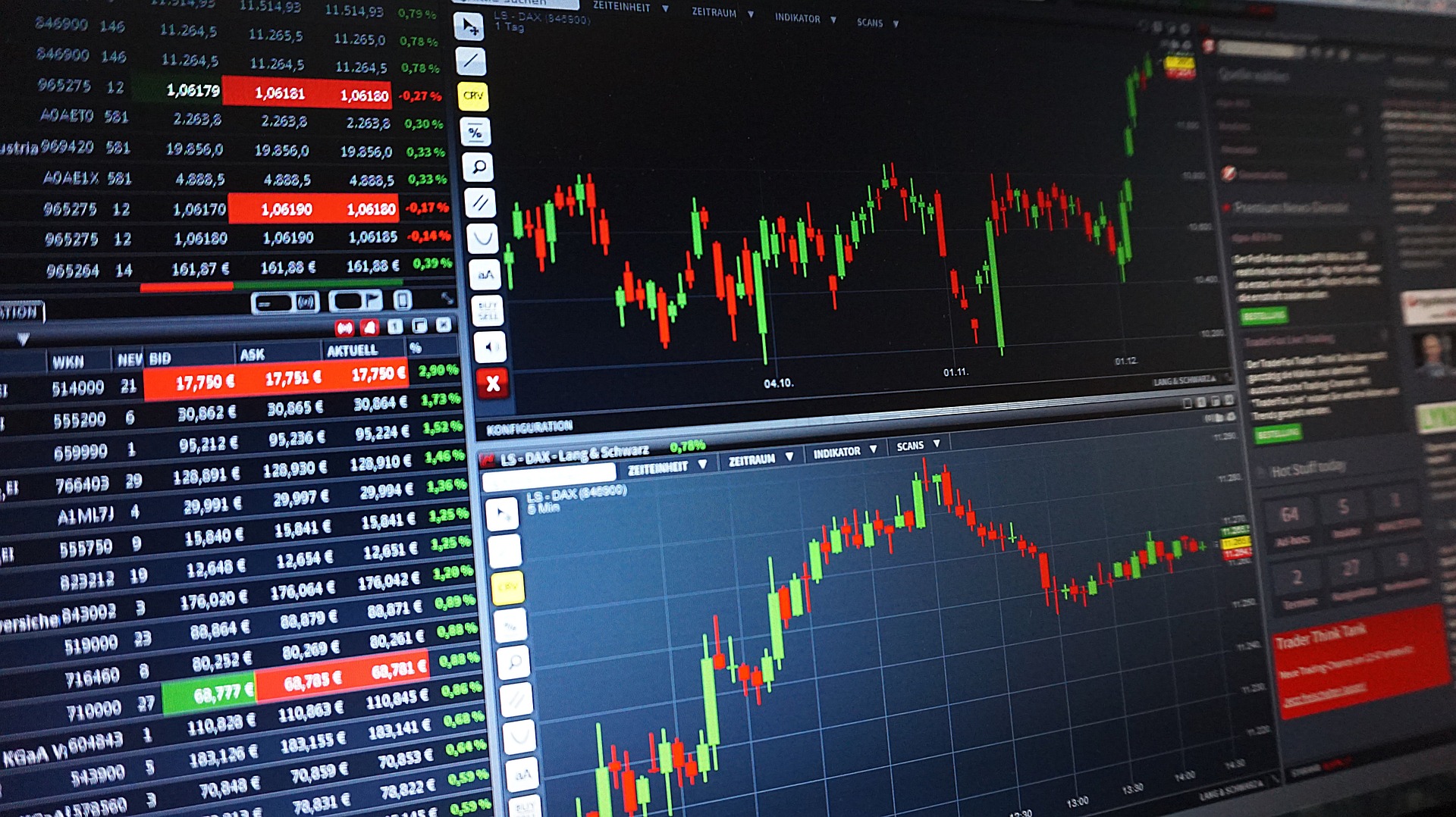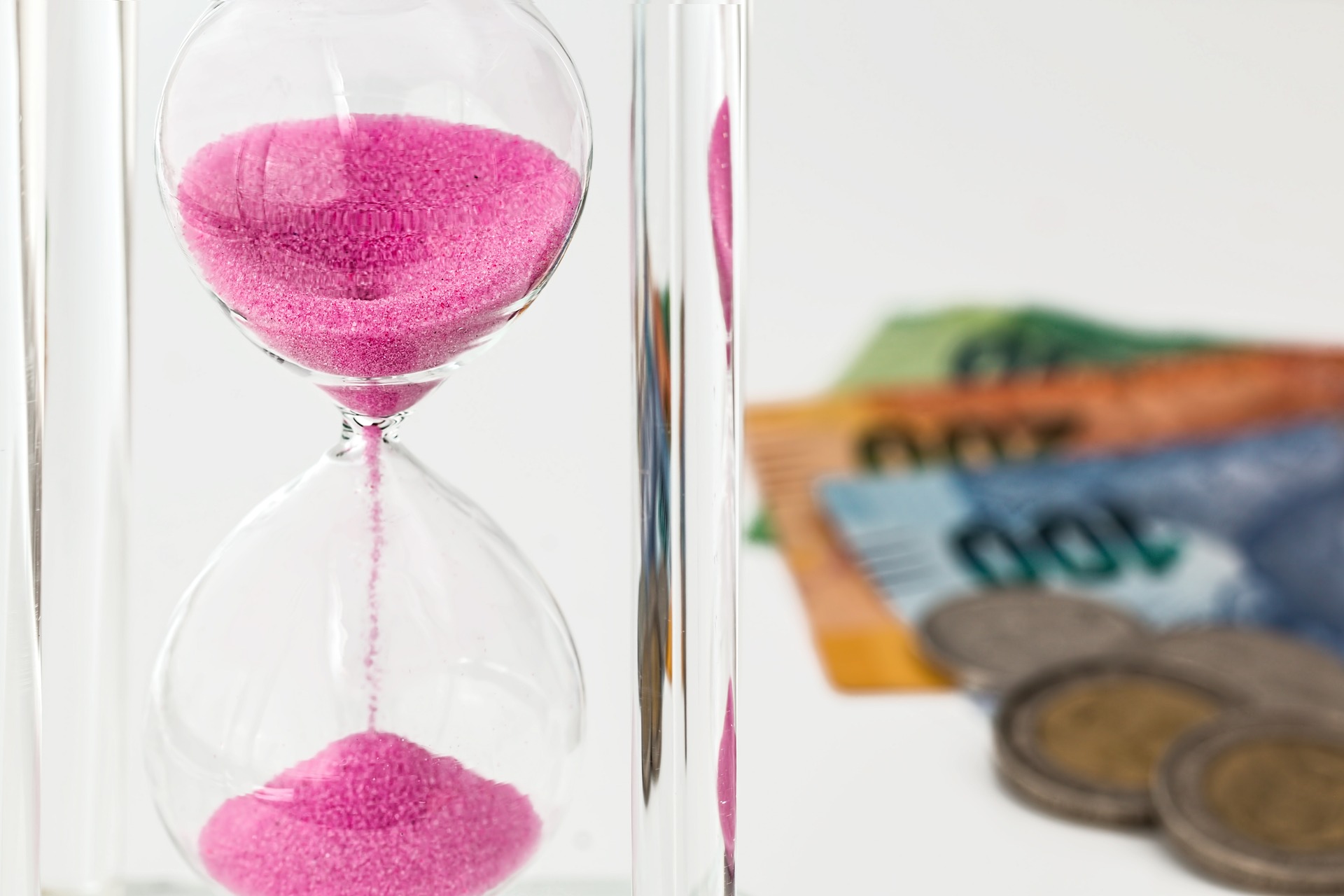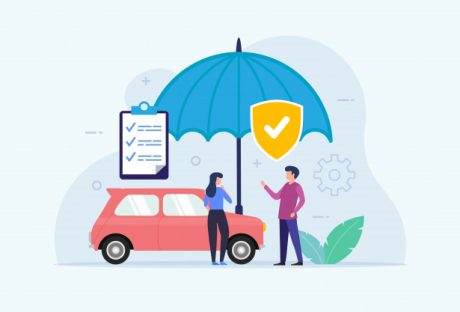Once you have your trading strategy set up, your charts are in place, you’ve looked over the news and you’re ready to roll into today’s trading, what can you do to keep yourself on the right track? One answer is your broker. A good working relationship with your broker can help you stay in line with your trades. But once in a while, you just get an urge to go above and beyond your own trading style and strategy and throw money into a bad trade. Why would you want to do that and how can you stop yourself? Even though it’s contrary to any strain of trading wisdom, it happens. Here are some of the reasons it might happen to you.
Complete Boredom:
One of the biggest pitfalls of trading in forex is the boredom that you can experience between trades. As you’ve experienced, it can be painfully boring to sit at your computer waiting for a breakout or for some news event that will trigger some action. Patience is your friend here. Try talking yourself out of making a stupid trade by thinking about what you can do with the money that you’ll most likely be losing. Think of ways you can profit from that money rather than throwing it away on a bad trade that does not fit into your trading style. Since at this point you realize it’s a bad trade, you can think through the consequences and decide against it.
Financial Pressure:
Many a rotten deal has been the result of some sort of pressure. Pressure to bring in a quick buck due to increasing financial needs is one of those pressures. Keep in mind that trading forex is not like buying a lottery ticket where you throw your money into a cause that is surely going to lose. The odds are against you in either case. This is not a toss the dice game to find out if you win or lose. There is specific logic that goes along with trading to win. You’ve done your homework, developed your strategy and even tested it now. Don’t throw it all to the wind in one dumb trade. Trust yourself, have confidence in your trading strategy and continue to have a winning attitude rather than one of defeat.
Goals Out of Reach:
If you have set your goals for trading too high, you could be feeling frustrated. Don’t let that frustration lead you to take on a bad trade in hopes of winning. You have the experience under your belt to know that it is very unlikely that you will gain anything from a bad trade. Besides the actual loss in your trading account, it will cost you money in commissions to your broker. Lower your goals so that they are realistic enough that you can meet them, and then gradually increase the bar.
In short, trust the hard work you have put into getting this far and don’t throw it away on a bad trade!
Read Also:






















